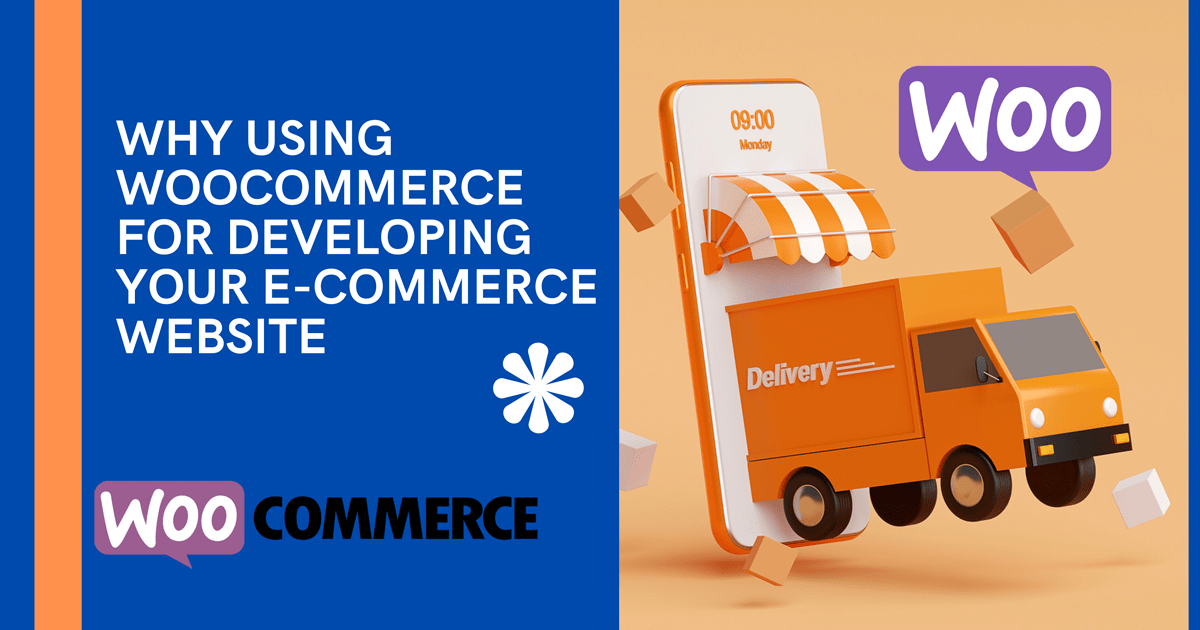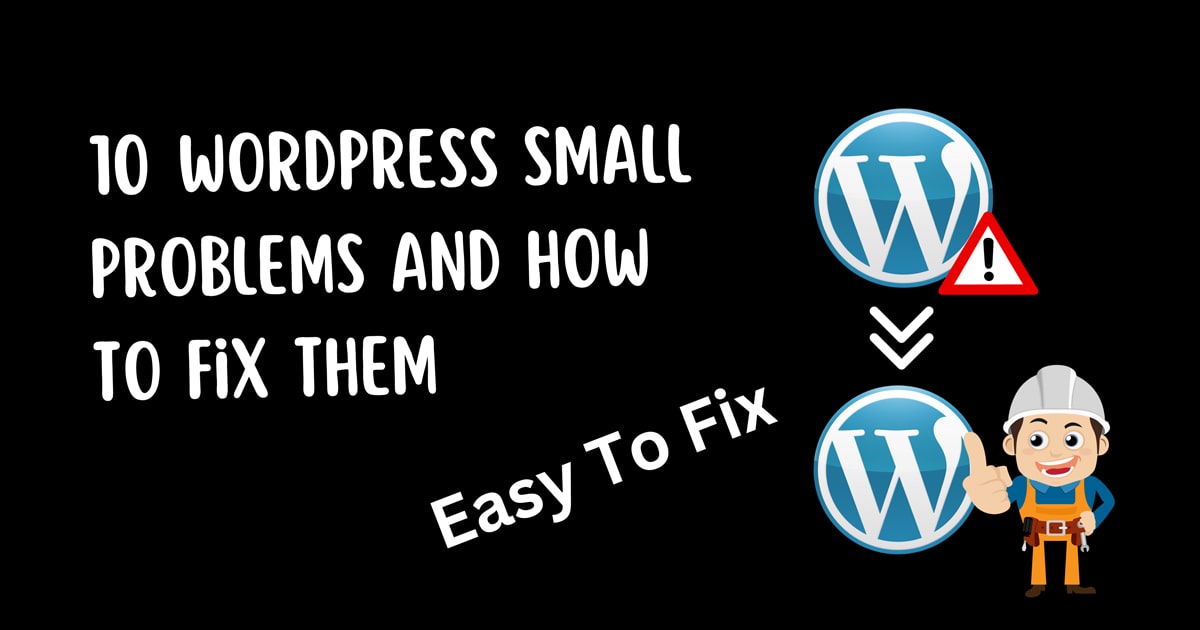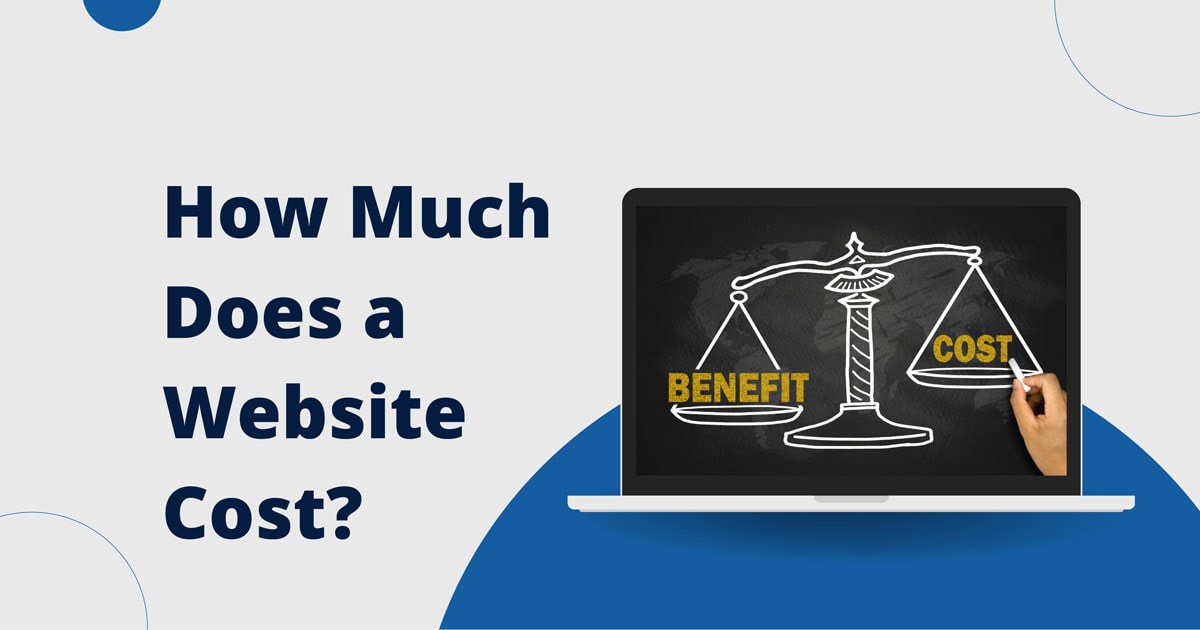
The Ultimate Guide to eCommerce Website Development
eCommerce websites have become the backbone of many businesses, offering a platform to showcase products, reach a broader audience, and drive sales. This ultimate guide to eCommerce website development will walk you through the essential steps and best practices to create a successful eCommerce site.

Facebook
Twitter
LinkedIn
1. Understanding Your Target Audience
Before diving into the technical aspects, it’s crucial to understand your target audience. Knowing who your customers are will help you design a user-friendly website that meets their needs and preferences. Consider the following:
- Demographics: Age, gender, location, and income level.
- Psychographics: Interests, values, and lifestyle.
- Behavioral Data: Purchasing habits, brand loyalty, and product preferences.
2. Choosing the Right eCommerce Platform
Selecting the right eCommerce platform is critical to your website’s success. Popular platforms include:
- WooCommerce: A WordPress plugin that offers extensive customization.
- Customized E-commerce Development : Custom ecommerce development with PHP and Laravel Framework
Consider your budget, technical expertise, and business needs when choosing a platform.
3. Designing Your eCommerce Website
A well-designed website attracts customers and enhances user experience. Focus on the following aspects:
User Interface (UI) Design
- Clean and Simple Layout: Avoid clutter and ensure easy navigation.
- Responsive Design: Your site should be mobile-friendly.
- Consistent Branding: Use consistent colors, fonts, and imagery.
User Experience (UX) Design
- Intuitive Navigation: Ensure users can easily find what they’re looking for.
- Fast Load Times: Optimize images and use a reliable hosting service.
- Secure Payment Options: Provide multiple, secure payment gateways.
4. Product Pages Optimization
Your product pages are where conversions happen. Optimize them to boost sales:
- High-Quality Images: Use clear, high-resolution images from multiple angles.
- Detailed Descriptions: Provide thorough and accurate product descriptions.
- Customer Reviews: Enable and display customer reviews for social proof.
- Call to Action (CTA): Use strong CTAs like “Buy Now” or “Add to Cart.”
5. Implementing SEO Strategies
To rank high on Google, your eCommerce website needs to be optimized for search engines:
On-Page SEO
- Keyword Research: Use tools like Google Keyword Planner to find relevant keywords.
- Meta Tags: Optimize title tags, meta descriptions, and headers with keywords.
- URL Structure: Use clean, keyword-rich URLs.
Off-Page SEO
- Backlinks: Earn backlinks from reputable sites.
- Social Media: Promote your site on social media platforms to drive traffic.
- Content Marketing: Create valuable content like blog posts, videos, and infographics.
6. Ensuring Security
Security is paramount in eCommerce. Protect your customers’ data with these measures:
- SSL Certificate: Encrypt data to protect sensitive information.
- PCI Compliance: Adhere to standards set by the Payment Card Industry.
- Regular Updates: Keep your platform, themes, and plugins updated.
7. Implementing Analytics
Track your website’s performance to make informed decisions:
- Google Analytics: Monitor traffic, user behavior, and conversions.
- Heatmaps: Use tools like Hotjar to see where users click and scroll.
- A/B Testing: Test different versions of pages to see what works best.
8. Marketing Your eCommerce Website
Once your site is live, attract and retain customers through effective marketing:
- Email Marketing: Build a mailing list and send personalized offers.
- Social Media Marketing: Engage with customers on platforms like Facebook, Instagram, and Twitter.
- Paid Advertising: Use Google Ads and social media ads to drive targeted traffic.
9. Providing Excellent Customer Support
Exceptional customer support can set you apart from competitors:
- Live Chat: Offer real-time assistance.
- FAQ Section: Address common questions and concerns.
- Return Policy: Have a clear and fair return policy.
Conclusion
Developing a successful eCommerce website involves understanding your audience, choosing the right platform, designing a user-friendly site, optimizing for search engines, ensuring security, implementing analytics, and effective marketing. By following this ultimate guide, you’ll be well on your way to creating an eCommerce website that attracts, engages, and converts visitors into loyal customers.
Start your eCommerce journey today with Godswill Innovations Pvt. Ltd., where we specialize in creating cutting-edge, user-friendly eCommerce websites tailored to your business needs. Contact us to learn more and take the first step towards online success.

















